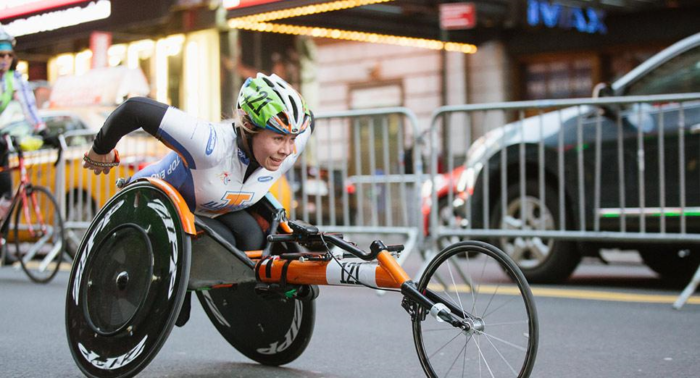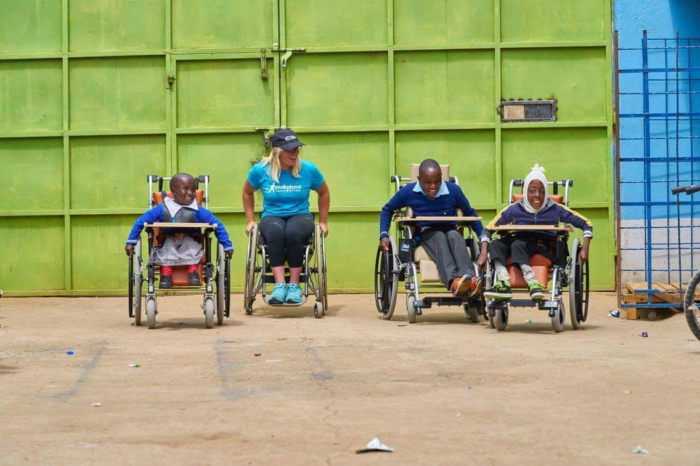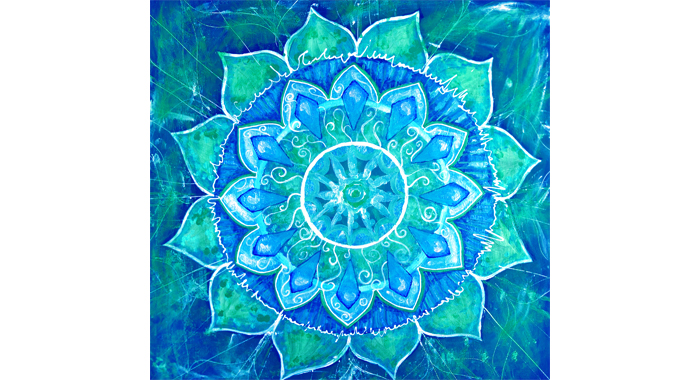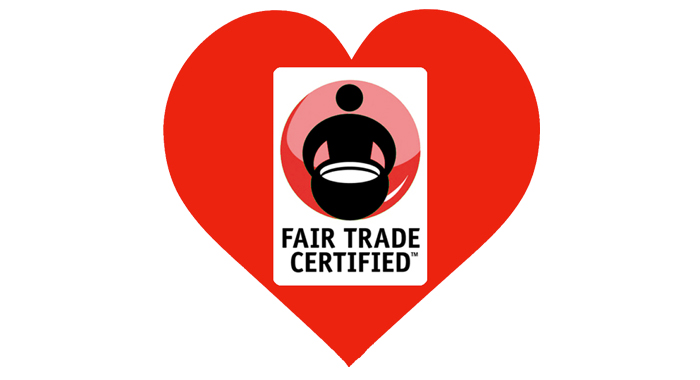
Twenty-Four Year Old Goals
Twenty-four year old goals.
Arielle Rausin is the featured writer for this month’s VOICES post!
I’m excited to announce that Arielle and I are working on a novel together! She’s always been my go-to person for all my scenes involving a character using a wheelchair, and finally, I’ve convinced her to be my writing partner. She’s used to me motivating (nagging) her to get things done so it will be just like old times! Arielle’s also working on some great interviews for future VOICES posts. You can subscribe at the bottom of this post, and you won’t miss them.
Can you tell I’m a proud mama? Look out Kai Rausin! You’re next!
I cried when I read this. You may want to grab a tissue. Introducing my kind-hearted incredibly strong daughter Arielle Rausin!
Twenty-Four Year Old Goals
Being twenty-four is not really how I expected it would be. In college, my main focuses were passing my classes and having as much fun as possible with all my new friends. By senior year I started to realize I was unsure of the path I would take next. In my mind, I would graduate, move to some big city (ANY big city), and find a job I loved that paid well and was personally fulfilling. The city and the dream job changed every couple of months, but that was essentially how I envisioned my future.
Fast forward to the present, and I live in a town of about 40,000, even smaller than where I grew up, and I have three-ish jobs none of which pay well, but to their credit, they all give me some kind of job satisfaction in various ways. At a glance, it appears I have met neither of my original goals making for a pretty depressing blog post, but the older I get I’ve begun to realize that goals are more flexible than rigid, more complex than straightforward.
For example, something I once considered to be an ultimate life goal of mine, to be a Paralympian, wasn’t really about wanting to be the fastest wheelchair racer of all time. Would that be super freakin’ cool? Absolutely! But the reason I wanted to be a Paralympian ten years ago when I got my first racing chair wasn’t because I desperately desired a gold medal. Looking back, I think it was because I wanted to accept my disability. I wanted my peers and my community to accept my disability.
Looking different from everyone else is always tough. Anyone who has ever felt out of place can tell you that. When you do not resemble your peers initially, you feel a sense of “otherness,” of not being the same as those around you. These feelings can pass with familiarity and time, but at the onset, they feel quite striking.
Having a disability made me feel very different. Being the only kid in a wheelchair at every single school I went to made me feel very different. Despite this, I never had trouble making friends, but this feeling of otherness made me hate my body and not have much self-confidence.
Racing became a way for me to take pride in my disability. No, my body couldn’t walk, but it could finish a 5k in sixteen minutes! My body did not look or behave like anyone else’s body my age, but it could keep up with them around a track. Racing helped me see what I could accomplish and once I knew I wanted everyone else to see it too!
If people could see me do a five-minute mile, maybe they wouldn’t act so shocked every time I insisted to push my wheelchair by myself through the airport. If people could see me finish a marathon, maybe they wouldn’t think that I couldn’t drive a car, or go to college, or have sex, or the million other things that people assume I can’t do because I have a disability. Racing was a way to prove my strength, first to myself, and then to the people around me. And what better sign of strength than competing at an Olympic or Paralympic Games?
So here’s the cool part where the flexibility of goals comes into play. It seems my goal of becoming a Paralympian was actually made up of two very different goals.
One; accepting my disability and discovering my inner strength. CHECK! I mean we’re all a work in progress, but I’m pretty damn proud of all the places this body has taken me.
And two; getting the public to accept my disability. This one is a little trickier. I can’t quite check this off my list yet. Our country, in general, has come a long way in the fourteen years that I have been in a wheelchair (don’t even get me started on other countries), but we still have a long way to go. Until public transit is accessible in every major city, until our unemployment rate mirrors the non-disabled rate, and until we have more than one person with a disability in the Senate, there continues progress to be made.
As people’s attitudes change from viewing disability as an otherness to acceptance, these social and societal problems will gradually be solved. Becoming a Paralympian proves strength and aptitude, which I would argue garner acceptance, but it shouldn’t have to be that way. All people with disabilities should be seen as strong and capable based on the simple fact that they are human.

So while (in my tiny city of 40,000) I am still training to be the fastest wheelchair racer I can be, I have a newer, more evolved goal. My goal is to elevate and celebrate those with disabilities around me. To assume competence, have high expectations for, and all around promote the fact that people with disabilities can be just as badass and accomplished as anybody else.



